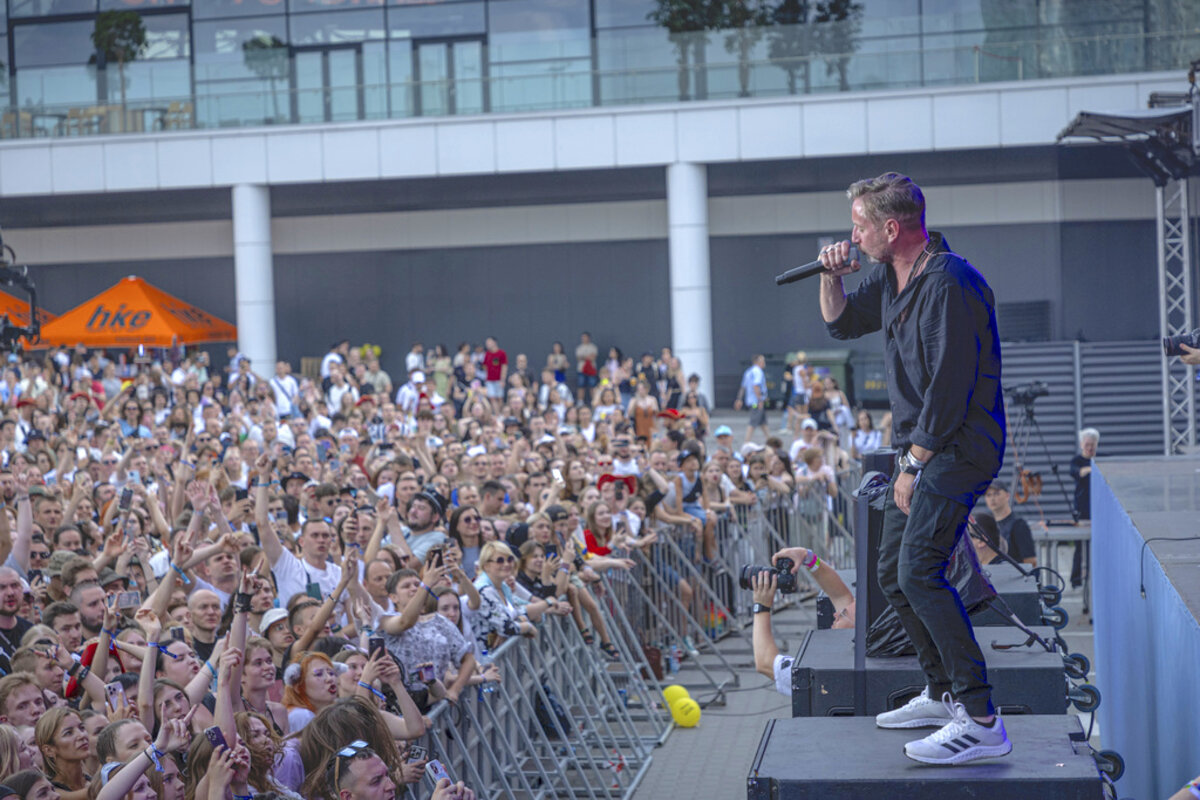The most popular book in Ukraine last year was the fictional thriller “I See You Are Interested in Darkness.” It is written by a former soldier, Illarion Pavliuk, and explores the indifference to both personal and social sins. After the Russian invasion in 2022, the book became popular because, as one reviewer put it, “indifference was no longer an option.”
Fighting a war for their survival has turned many Ukrainians into avid book readers, eager to find solace, freedom, wisdom, or, perhaps, empathy. They are aware of Russian forces trying to wipe out Ukrainian culture by, for example, destroying more than a hundred libraries.
In May, the country’s largest printing house, Factor Druk, was badly damaged by Russian missiles. Donors quickly pledged to restore the book publisher. President Volodymyr Zelenskyy likened the attack to events in Ray Bradbury’s 1953 dystopian novel “Fahrenheit 451,” the temperature at which book paper ignites. Since the invasion, more than one hundred books have been printed for children to help them cope with the war’s trauma. The number of bookstores has expanded significantly. From May 30 to June 2, the country’s annual book festival in Kyiv drew 35,000 visitors, up from 28,000 last year.
The war has provoked a period of soul-searching and steered many in Ukraine to rethink their identity, Oleksiy Erinchak, an entrepreneur who founded a bookstore in Kyiv, told Radio Free Europe/Radio Liberty. In particular, said Yulia Kozlovets, the book festival’s director, “the war has ultimately liberated Ukrainian culture from an inferiority complex” stemming from a historic preference for Russian literature.
Liberation for Ukraine is happening on more than just the military front lines. It is also a mental struggle to be free of fear and full of faith in Ukraine’s cultural independence.
Another popular book last year was “The Story of a Stubborn Man,” written by a former commander, Oleksandr Budko. He is a young war hero who lost both legs in battle. This fall, he will be on Ukraine’s version of the reality TV show “The Bachelor.” During the book festival, he was mobbed by young women who loved his book about coping with his tragedy and finding his hope in Ukraine’s victory.
Reading books has given Ukrainians a powerful tool for dealing with indifference to evil.





